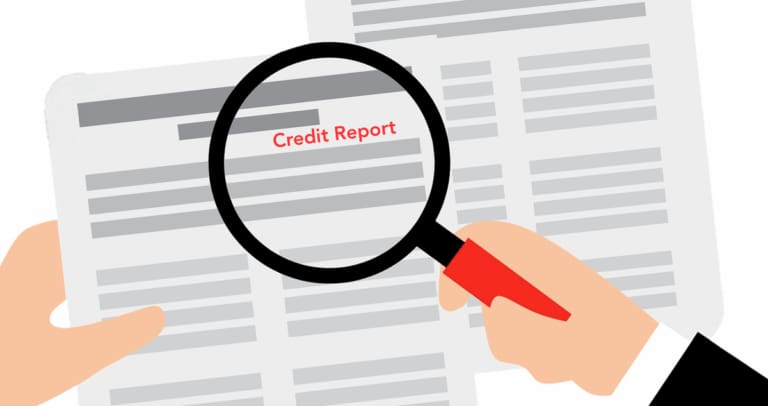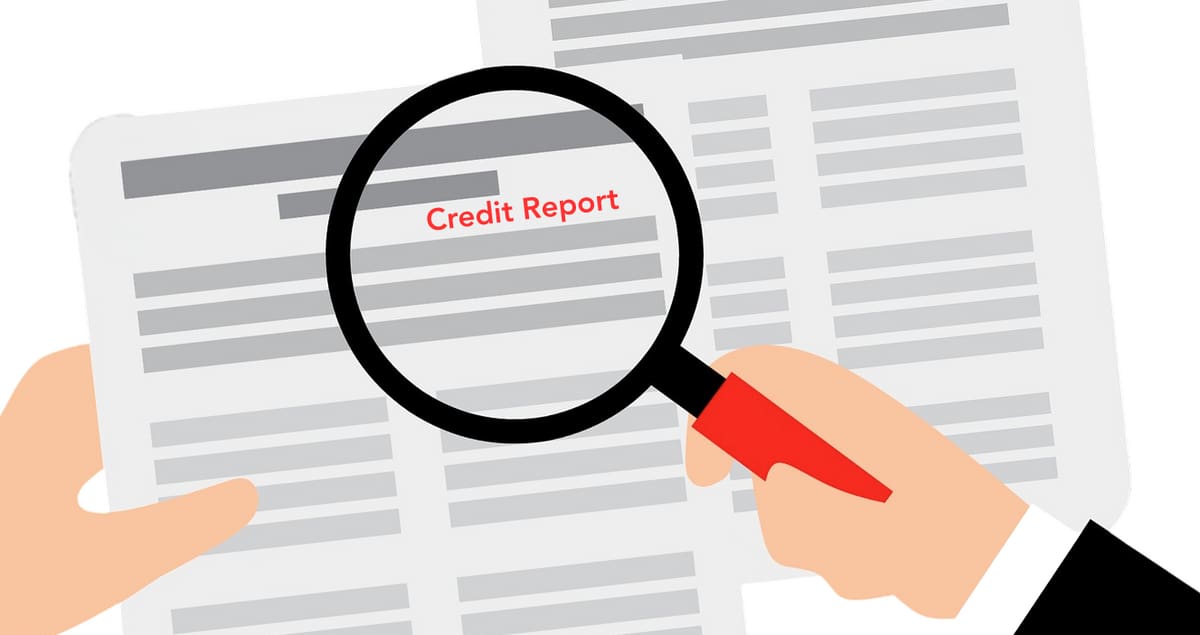In July, the United States District Court for the Eastern District of Texas rendered a decision invalidating the Consumer Financial Protection Bureau’s (CFPB) final rule that prohibited the reporting of medical debt on credit reports and barred creditors from considering medical debt information when making credit decisions. This ruling has a nationwide effect, enabling health care providers to use credit reporting as a means of recovering unpaid bills.
When the Biden Administration proposed this rule in 2024, numerous health care professionals, including the College’s Advocacy Council, submitted comments expressing concerns that the rule did not address the complexities of medical debt. We expressed our appreciation for the CFPB’s interest in addressing the hardships of medical debt. Understanding the financial pressures placed on small and rural practices, the College urged the CFPB to adopt an appropriate exception for debt owed to those practices, which would have allowed small and rural practices to engage in reasonable efforts to collect debt from patients who were able to provide payment. When finalizing the rule, the CFPB did not provide an exception for those practices. However, the final rule never went into effect.
On the same day the final rule was issued, several organizations filed a lawsuit, challenging the rules’ validity. After President Trump took office, those organizations met with the CFPB, and the parties filed a joint motion requesting that the court find the final rule unlawful. During the case, two individuals with medical debt and two clinics intervened in anticipation that the CFPB would not defend the final rule.
On July 11, the United States District Court for the Eastern District of Texas declared the medical debt final rule unlawful and void. It is unlikely that the decision will be appealed. Accordingly, reporting of medical debt on credit reports can continue, creditors may consider medical debt information in credit decisions, and health care providers are allowed to use that credit information in attempts to recover unpaid bills.
The Advocacy Council – ADVOCATING FOR ALLERGISTS AND THEIR PATIENTS.



